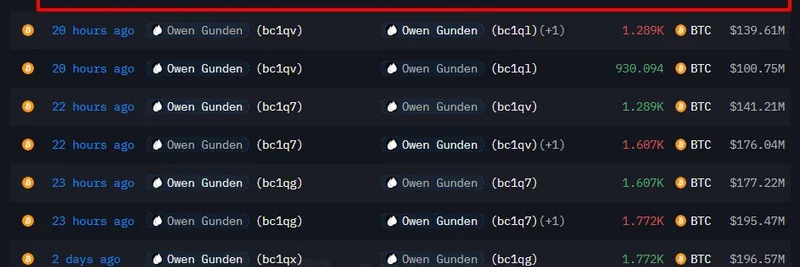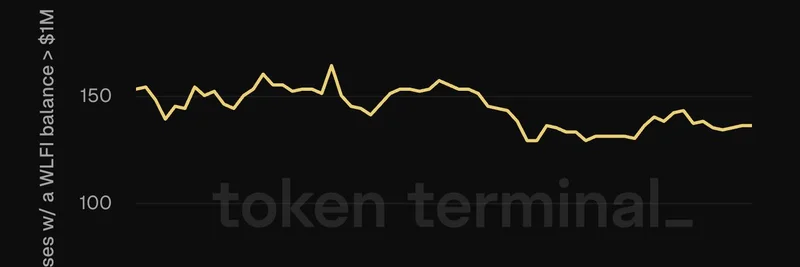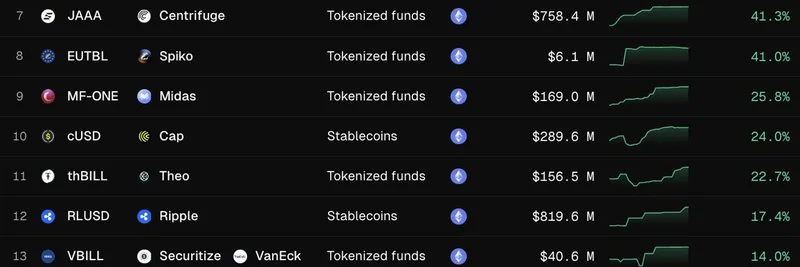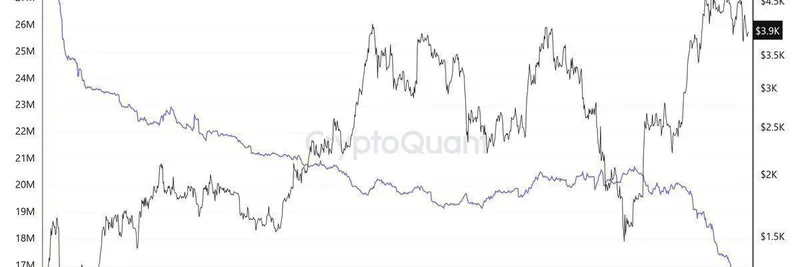Hey there, crypto enthusiasts! If you're knee-deep in the world of blockchain and meme tokens, you've probably heard the buzz about traditional finance giants dipping their toes into the crypto pool. Well, buckle up because the Chicago Board Options Exchange (CBOE) is making a game-changing announcement that's set to simplify how we handle Bitcoin (BTC) and Ethereum (ETH) futures.
According to a recent tweet from BSCNews original tweet, CBOE is gearing up to launch something called "continuous futures" for these two heavyweight cryptocurrencies. But what does that even mean? Let's break it down in simple terms.
Traditional futures contracts are like short-term bets on the price of an asset, expiring after a set period—think months or quarters. This means traders often have to "roll over" their positions, closing out old contracts and opening new ones, which can be a hassle and rack up extra costs. Continuous futures aim to fix that by offering longer-term options, in this case, up to 10-year contracts. It's like getting a long-term lease instead of renewing your apartment every few months—much easier to manage.
For those new to the scene, futures are financial instruments that let you agree to buy or sell an asset at a predetermined price on a future date. In crypto, they're super popular for hedging risks or speculating on price movements without holding the actual coins. CBOE, a major player in options and futures trading, already offers Bitcoin and Ether options, but this new twist could make it more appealing to institutional investors who prefer less administrative headache.
Now, you might be wondering how this ties into meme tokens, the wild side of crypto we're all about here at Meme Insider. While this is directly for BTC and ETH, a more stable and accessible futures market for the big players often trickles down to the entire ecosystem. Think about it: smoother management for Bitcoin and Ether could lead to more liquidity and confidence in the broader market, potentially benefiting meme token projects built on Ethereum or even Binance Smart Chain (BSC) integrations. It signals growing mainstream adoption, which is gold for innovative meme communities looking to attract serious investors.
Of course, this is still in the planning stages, so keep an eye on official updates from CBOE. In the meantime, if you're trading meme tokens or diving into DeFi, tools like these could indirectly make your strategies more robust by stabilizing the underlying assets.
What do you think—will this make crypto futures more user-friendly? Drop your thoughts in the comments below, and stay tuned to meme-insider.com for more updates on how traditional finance is merging with the meme token world!




